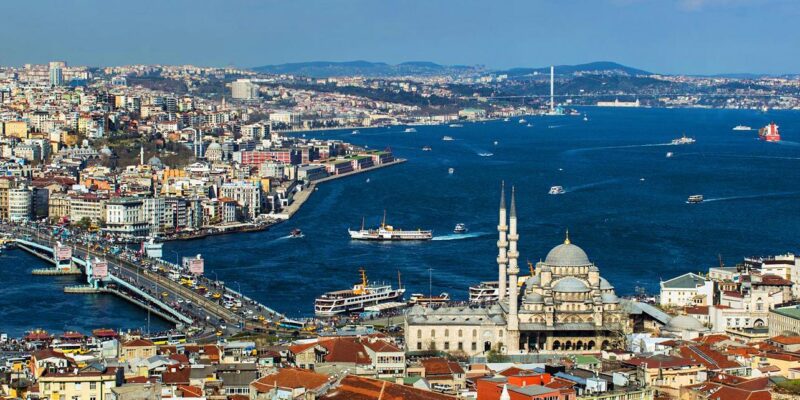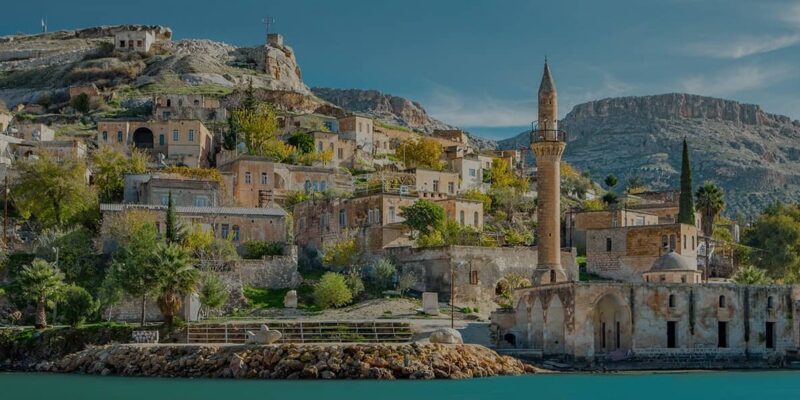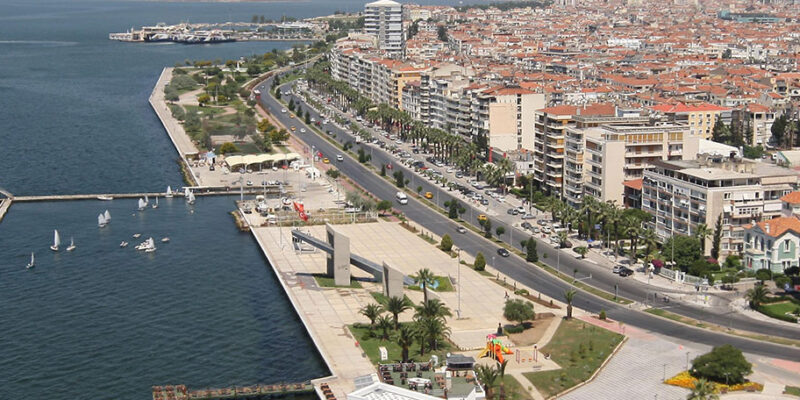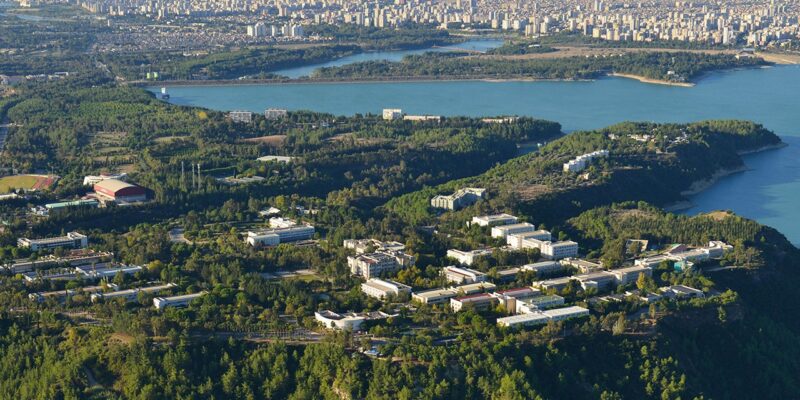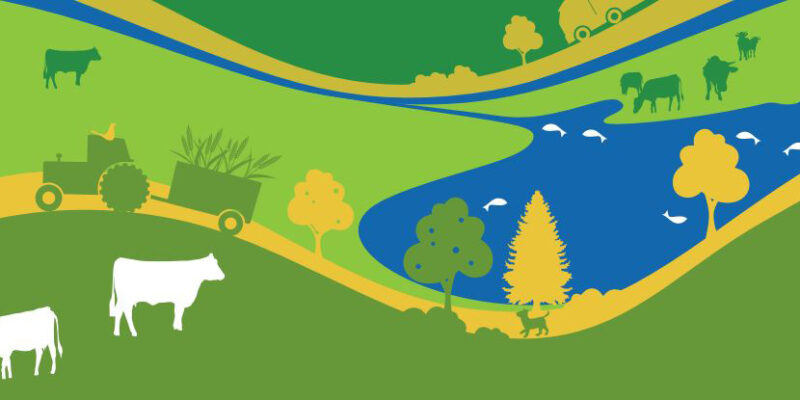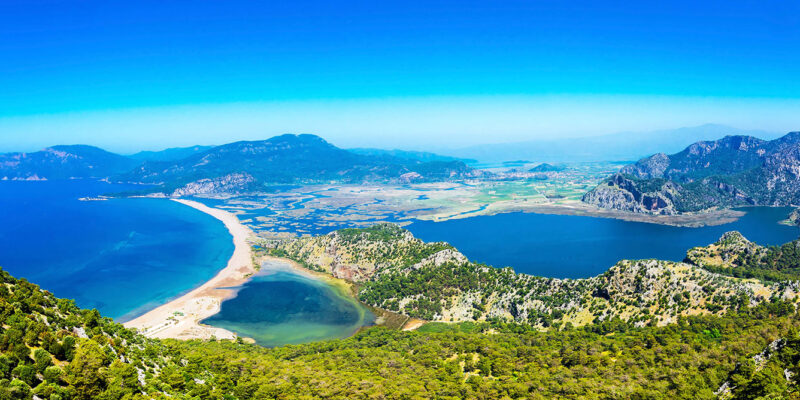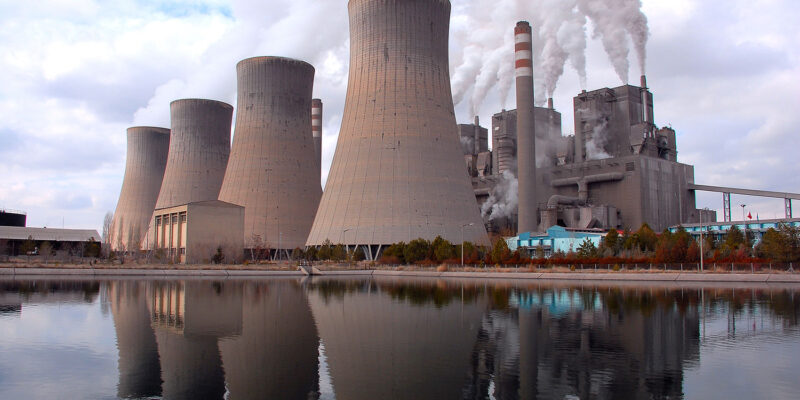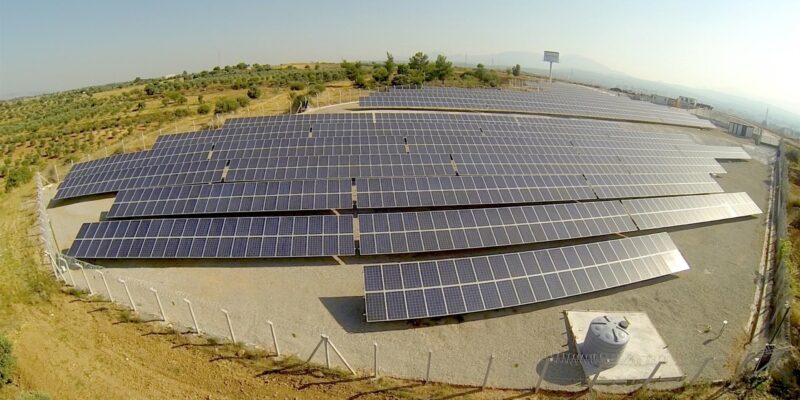The aim of the work carried out within the scope of the Istanbul Climate Change Action Plan (İİDEP) is to take the most appropriate measures against the climatic risks and to provide the city with a structure resistant to the dangers of climate change, in parallel with the reduction of greenhouse gas emissions throughout the city.
Within the scope of the project, the information obtained in the previous work packages of İİDEP has been evaluated, and risks, opportunities and vulnerabilities that may arise, including regional mapping and data analysis, have been identified for the relevant area, sector, and stakeholders in the region. The extent to which climatic changes threaten critical infrastructures in Istanbul has been evaluated, and a risk rating has been made for sectors and critical infrastructure.
Other projects we have realized with BB:
